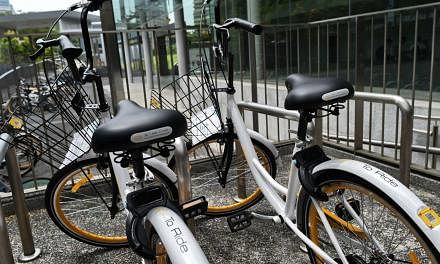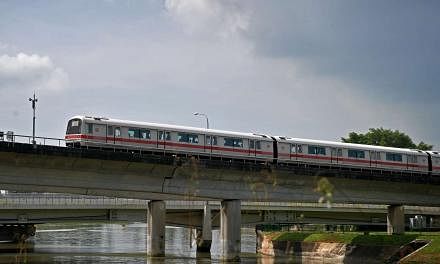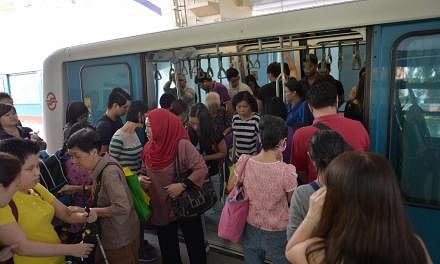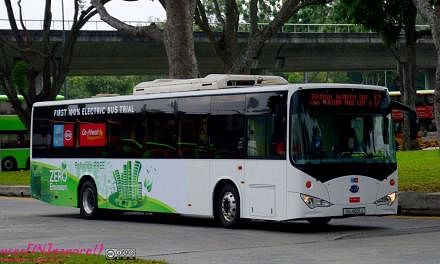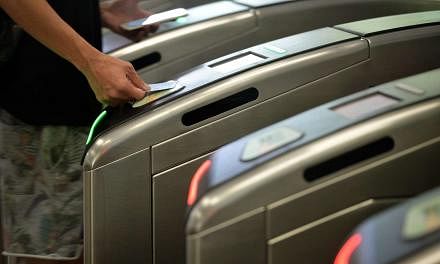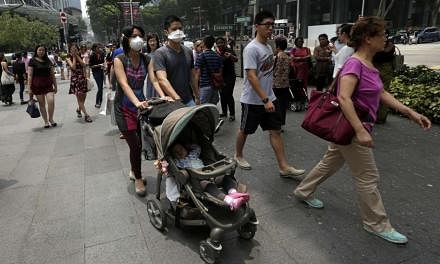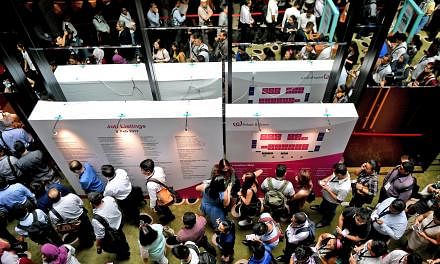SINGAPORE - While taxi companies are looking into introducing "dynamic pricing", in which fares vary based on demand, commuters will likely still have the option of going by the metered rates.
Addressing concerns of taxi commuters, Second Minister for Transport Ng Chee Meng said in Parliament on Wednesday (March 8) that under dynamic pricing, "fares will vary according to demand and supply, sometimes higher, and sometimes lower depending on peak or low peak periods".
Under the proposed system, commuters will know their exact fares, before they accept or decline a taxi ride.
Mr Ng said that customers who prefer more familiarity will still have the traditional option of booking a taxi.
"The taxi companies, I understand, intend to retain the traditional metered fare system even as they introduce dynamic pricing," he said.
Cab companies ComfortDelGro, Trans-Cab and Premier recently informed the Public Transport Council (PTC) that it will implement variable pricing for fares.
Also called surge pricing, it is currently used by ride-hailing apps Uber and Grab. The use of surge pricing by these companies has drawn flak from commuters for being exorbitant, particularly during periods of high demand. For example, during an MRT breakdown in November 2015, fares on Uber reportedly went up by 3.9 times the usual fare.
Mr Ng said the PTC is currently discussing the details of the new pricing system with the taxi companies.
"My view is that we should let the taxi industry innovate and adapt to new market conditions and competition," he said, during the debate on the Transport Ministry's budget.
"Our taxi drivers have to make a living, and we should not restrict their ability to compete effectively."
Taxi companies, he said, should ensure that dynamic pricing improves, and not worsens the matching of supply to demand.
The competition posed by ride-hailing apps Uber and Grab against the incumbent taxi industry was raised by several MPs during the debate.
Mr Ng said that the light-touch approach on these players have served commuters well so far.
He said that from July, private-hire car drivers must obtain a vocational licence.
To get the licence, they will have to undergo a 10-hour course and pass tests on road and passenger safety, and be subject to background and medical checks.
Mr Ng said that the Government will continue to maintain some differentiation in privileges and regulations between taxi and private-hire car services for now. These include allowing only taxis to pick up street hails.


